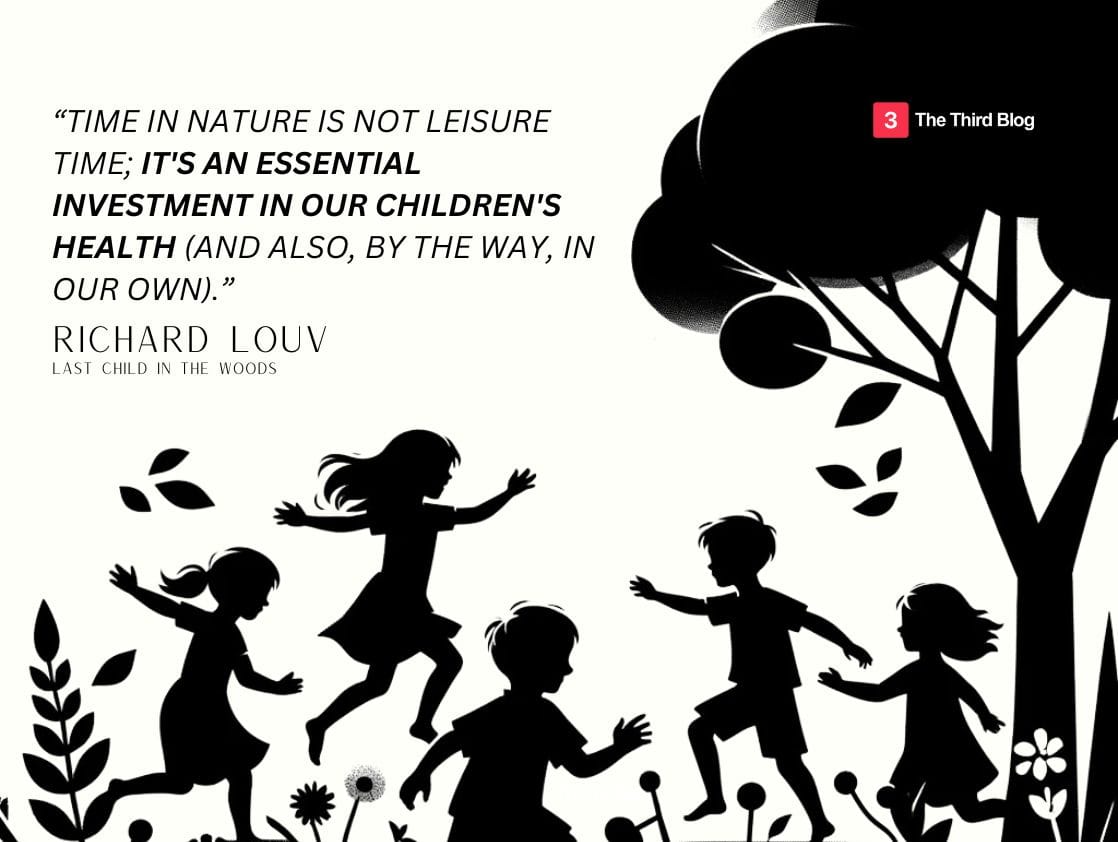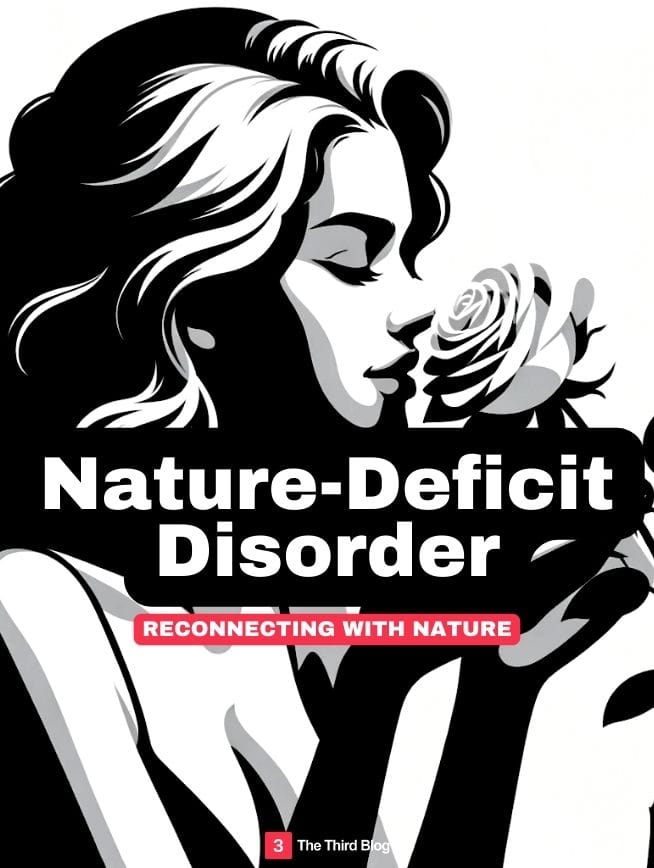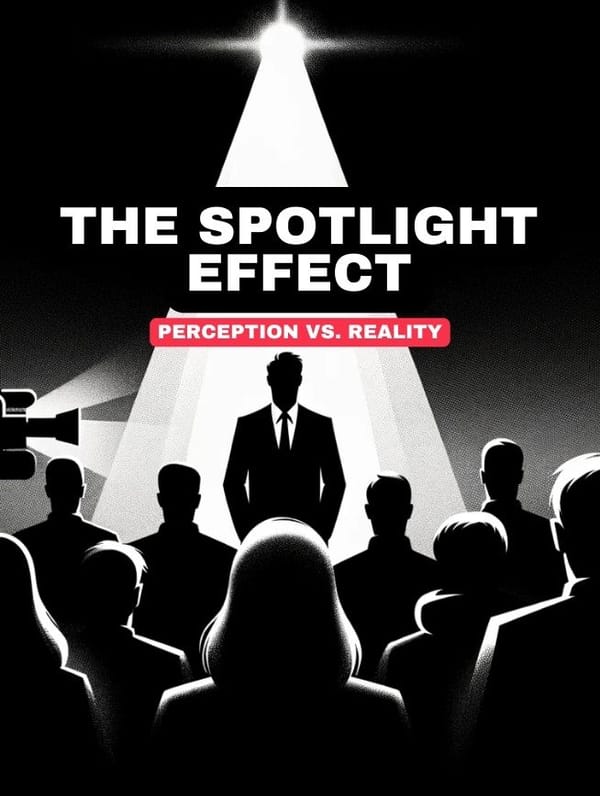In our digital world, where screens often dominate our daily lives, a phenomenon known as 'Nature-Deficit Disorder' is becoming more prevalent.
This term, coined by author Richard Louv in his book "Last Child in the Woods," refers to the consequences of a life disconnected from the natural world. While not a medical diagnosis, it highlights a growing concern: our estrangement from nature and its potential impacts on our physical and mental well-being.


Understanding Nature-Deficit Disorder
Nature-Deficit Disorder encompasses a range of physical and emotional symptoms including decreased attention span, obesity, mood disorders, and a lack of appreciation for the natural world.
It's a societal ailment more than a personal one, stemming from our modern lifestyle where digital interactions often replace time spent outdoors.
The Benefits of Reconnecting with Nature
- Improved Physical Health: Regular exposure to nature boosts our physical health, reducing risks of obesity, cardiovascular diseases, and other lifestyle-related conditions.
- Enhanced Mental Well-being: Nature has a profound impact on mental health, alleviating symptoms of stress, anxiety, and depression. The calming effect of natural settings provides a much-needed respite for our overstimulated minds.
- Increased Concentration and Creativity: Time spent in nature can enhance concentration, creativity, and cognitive functioning. It provides a break from the constant bombardment of digital stimuli, allowing our minds to reset and refresh.
- Fostering a Connection with the Environment: Experiencing nature firsthand builds a deeper appreciation for the environment, encouraging more sustainable behaviors and attitudes towards conservation.

How to Combat Nature-Deficit Disorder
- Make Time for Nature: Set aside regular time to engage with the natural world. This could be as simple as a daily walk in a park, weekend hikes, or occasional camping trips.
- Digital Detox: Implement periods of digital detox where you disconnect from electronic devices. This not only frees up time for outdoor activities but also reduces the mental clutter associated with constant connectivity.
- Bring Nature Indoors: If access to outdoor spaces is limited, try bringing nature indoors. Indoor plants, natural light, and nature-inspired decor can help mimic the benefits of being in nature.
- Mindful Observation: Practice mindfulness in natural settings. Pay attention to the sights, sounds, and smells around you. This not only deepens your connection with nature but also enhances the mental health benefits.
- Community Involvement: Participate in community gardening, local cleanups, or conservation projects. This not only gets you outdoors but also helps in nurturing a community spirit centered around nature.
Conclusion
In conclusion, while technology and digital connectivity have their place in modern society, it is crucial to maintain a balance by regularly reconnecting with nature.
Nature-Deficit Disorder, though not a clinical condition, serves as a reminder of what we lose when we disconnect from the natural world. By actively seeking ways to integrate nature into our daily lives, we can improve our physical and mental health, boost our creativity and attention spans, and develop a deeper appreciation for the environment.
I love technology as much as the next guy, but let's step away from our screens and step into nature.
Even if just for a moment each day.
T3B





